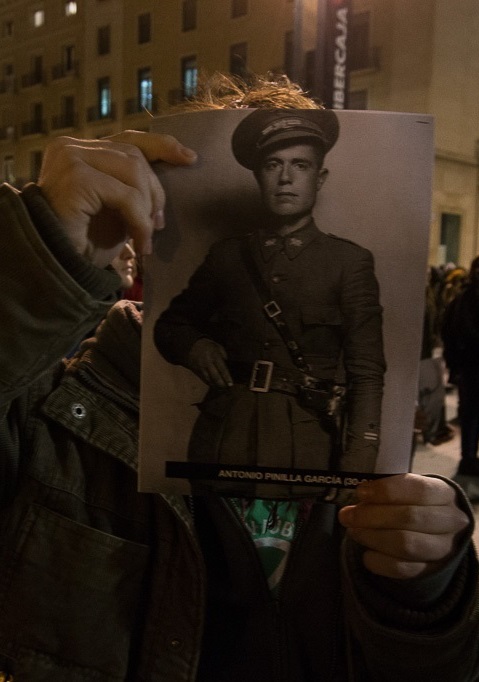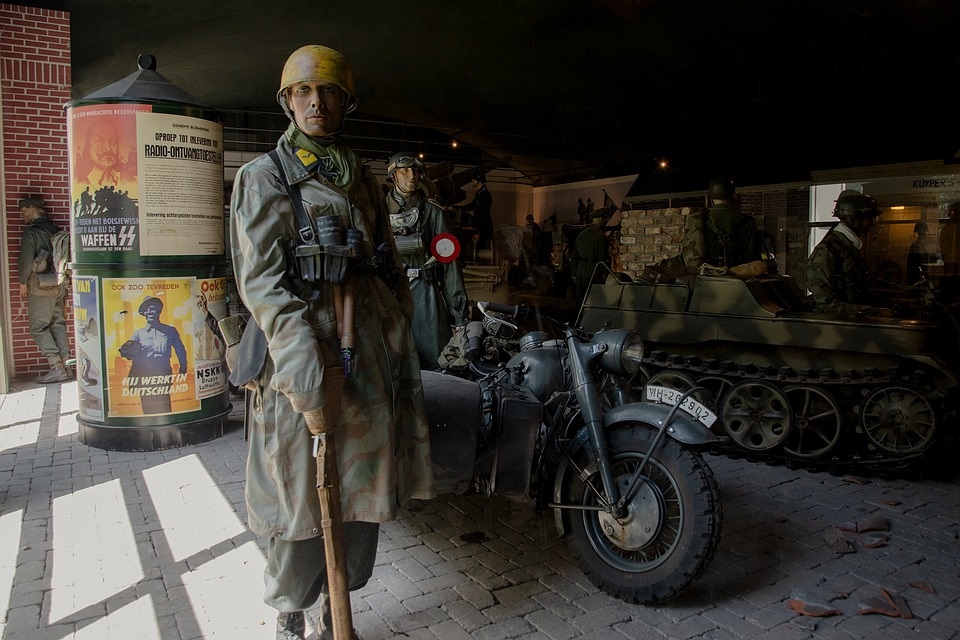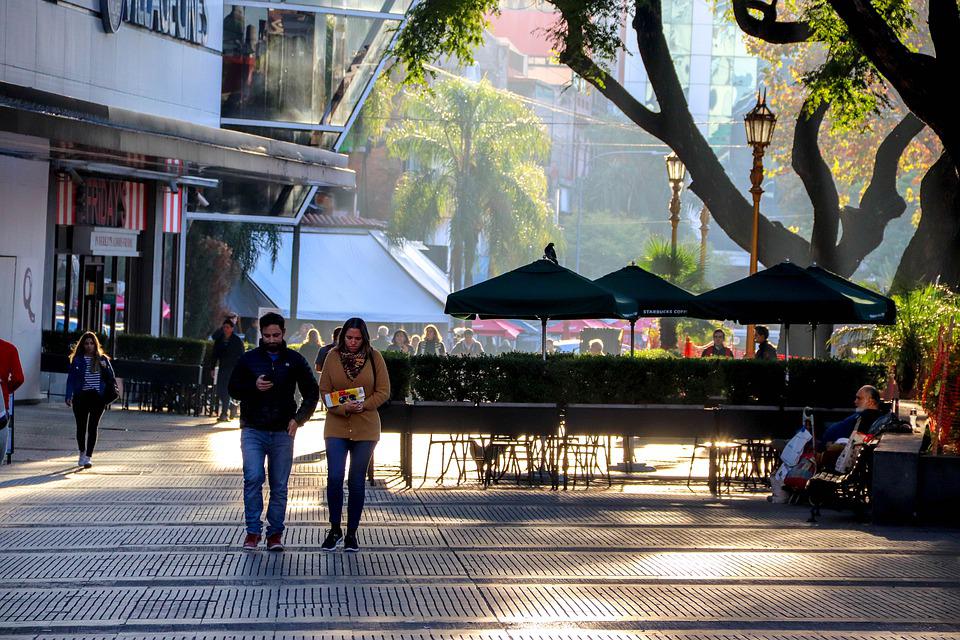10th December could be the beginning of the return to the past in Argentina, scene of political earthquakes where anything can happen, even people deciding to vote for a dangerously far-right ‘media’ phenomenon: Javier Milei.
 Víctor Ego Ducrot*
Víctor Ego Ducrot*
Milei is an economist. He claims to be a libertarian. Around his rock star being and demeanour, he has assembled an entourage of misfits, social climbers and defenders of the genocidal civic-military dictatorship installed in 1976.
He has worked for eminent businessmen who became rich at the expense of the state. A few years ago he burst onto the scene as an exotic panelist on low-quality political programmes.
His ideological guide is the US economist Murray Newton Rothbard, part of the liberal Austrian School and chief standard-bearer of so-called anarcho-capitalism, which propounds the almost total disappearance of the state in favour of the free market corporate business system.
Milei proposed a regime of free trade in human organs. He says social justice is an aberration and that, if he enters government, he will only have two international allies: the United States and Israel.
And now
The astonishing thing is that, despite all this, he was the presidential candidate who received the most votes in the primaries on Sunday 13th August, with 30% of the ballots cast.
 Two right-wing heirs of ex-president Mauricio Macri trailed in second place: the former ‘Montoneros’ guerrilla militant Patricia Bullrich, now the inspiration behind all the militarist and police policies, and the ex-Peronist Horacio Rodríguez Larreta, currently the head of the capital city’s government.
Two right-wing heirs of ex-president Mauricio Macri trailed in second place: the former ‘Montoneros’ guerrilla militant Patricia Bullrich, now the inspiration behind all the militarist and police policies, and the ex-Peronist Horacio Rodríguez Larreta, currently the head of the capital city’s government.
They were both fighting for a prize that in the end they did not have, nor did it exist: the undisputed leadership of the opposition to the government of President Alberto Fernández and his Vice-President, Cristina Fernández de Kirchner, and an uneventful route to winning the presidency next December. Milei also became a nightmare for the government candidate, Sergio Massa, an archetypal representative of the professionalisation of politics who, as well as being the current minister of an economy in a state of coma, has become the face of Peronism’s worst electoral result in all its history.
In another era, the inhabitants of that political universe would have considered both him and those who anointed him in that position as the unforgiveable marshals of defeat.
We will have to wait and see. The day after his stellar bursting onto the scene, Milei himself admitted: I haven’t won anything yet.
 The general election will take place in October with the candidates that survived the primaries and there is even the solid possibility that everything is settled in a second round or run-off.
The general election will take place in October with the candidates that survived the primaries and there is even the solid possibility that everything is settled in a second round or run-off.
Meanwhile, economic conditions are worsening in an ordeal for a country immensely rich in natural resources and agro-export capacity, keeping 50% of its people below the poverty line.
Due to the economic turmoil and the collective sense of feeling part of a society without a government, a political crisis of so far undefinable consequences could occur at any moment.
What happened?
Firstly, and let’s not lose sight of this. Twenty-first century fascisms are a phenomenon that is seen repeatedly around the world, although each place has its own peculiarities.
And there was no reason at all why it would not appear in Argentina, a country where after four decades of democratic restoration the people still periodically suffer the same social tragedies. There are a few possible answers to the question of why Javier Milei burst onto the local political scene. Absent from the discussion, which is more for television than public debate, I have here some possible answers, at least as ideas or mere maybes to hazard.
Large-scale poverty and marginalisation, uncontrolled inflation, serial debt and, the latest innovation, the exponential growth of organised crime with the complicity of elements of the police and prison authorities, the judicial powers and the prosecutors, and of politics in legislative and executive ambits…In this context, anyone can be a victim, since delinquency feeds on poor young people who end up as dispensable labour for the system of power itself.
 With the exception of never-consolidated experiences in the sense of overcoming similar traumas, the political and social forces of the so-called progressive camp, left-wing or centre-left, national or popular, have not known how, been able or wanted to provide convincing answers to the urgent demands of the widest and most diverse sections of society, apart from those put forward by the strongest representatives of economic power…
With the exception of never-consolidated experiences in the sense of overcoming similar traumas, the political and social forces of the so-called progressive camp, left-wing or centre-left, national or popular, have not known how, been able or wanted to provide convincing answers to the urgent demands of the widest and most diverse sections of society, apart from those put forward by the strongest representatives of economic power…
The government now in retreat can be heavily criticised for its management.
It is true that the powerful have almost exclusive control of the media from which they direct more or less effectively almost all social behaviour. But that is not enough of a justification.
Political organisations of all colours live together beyond their public skirmishes and only contest the favours of the different factions in the dominant economic block.
In general, the progressive forces form part of this perverse web and that is why, in specific – some say objective – terms, they are ultimately responsible for the rise of people like Javier Milei.
The tendency would seem to be then the conversion of politics into what all human activity is turning into: a pure commodity.
 In Argentina, once again, the intrepidness of certain people like Javier Milei has seen what the outdated progressive forces have lost sight of, and the voice of people fed up with so much injustice has been proclaimed successfully.
In Argentina, once again, the intrepidness of certain people like Javier Milei has seen what the outdated progressive forces have lost sight of, and the voice of people fed up with so much injustice has been proclaimed successfully.
It shouts that all politicians make up a filthy, privileged caste and it not only expresses the weariness of so many but also speaks to them of a new hope, vain or illusory, but hope nevertheless.
The majority of this country’s population is under 30 years old, inhabitants of the great digital village and of social media. Over half of them wander between poverty and frustration. That is where Milei grew up. At the end of the day, fascisms are born whenever democratic models teeter or fail. PL
* Argentinian journalist, author and university lecturer. Associate Professor of Twentieth Century History (Second Chair) at the Faculty of Journalism and Social Communication, National University of La Plata (UNLP).
(Translated by Philip Walker – Email: philipwalkertranslation@gmail.com) – Photos: Pixabay












.jpg)












